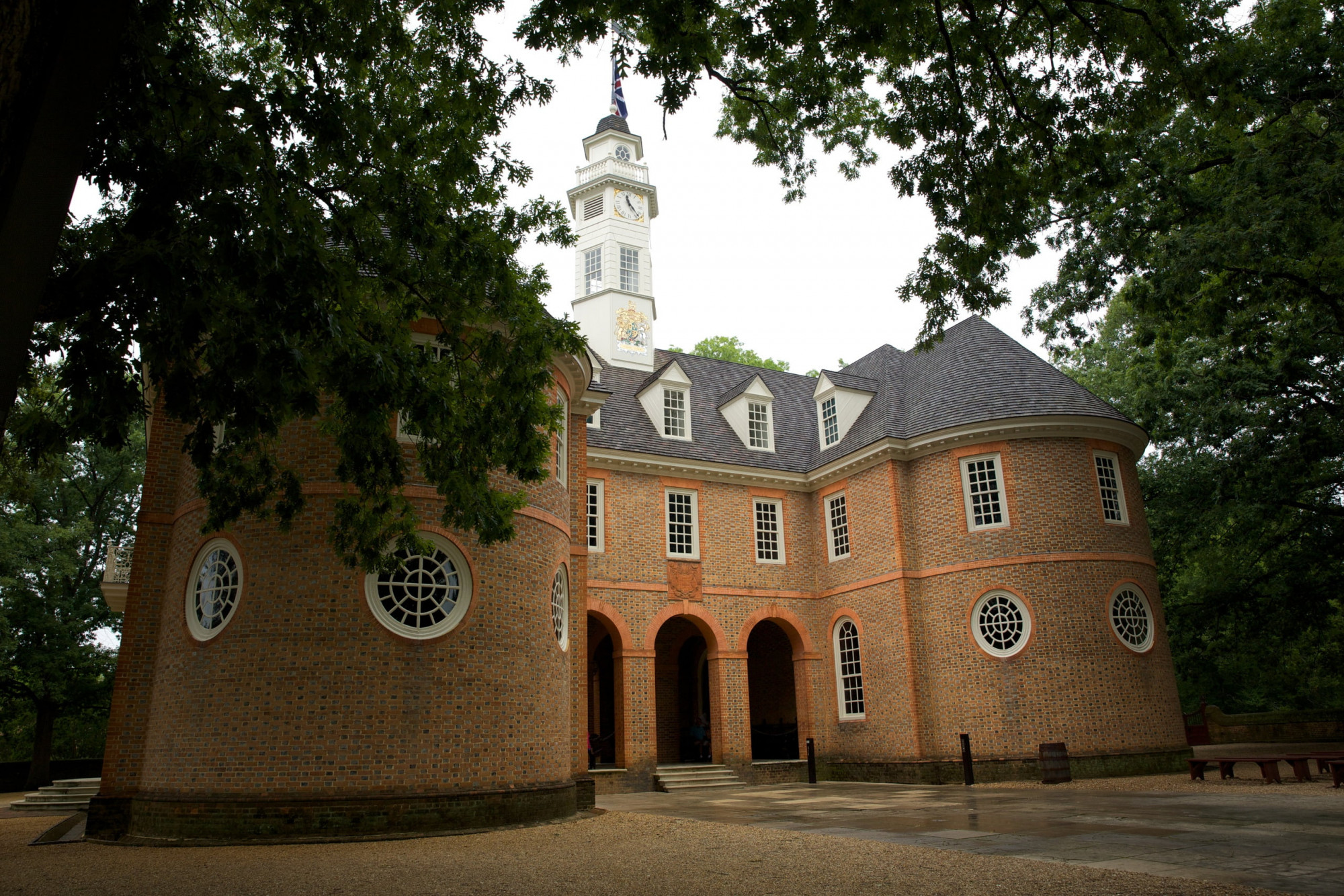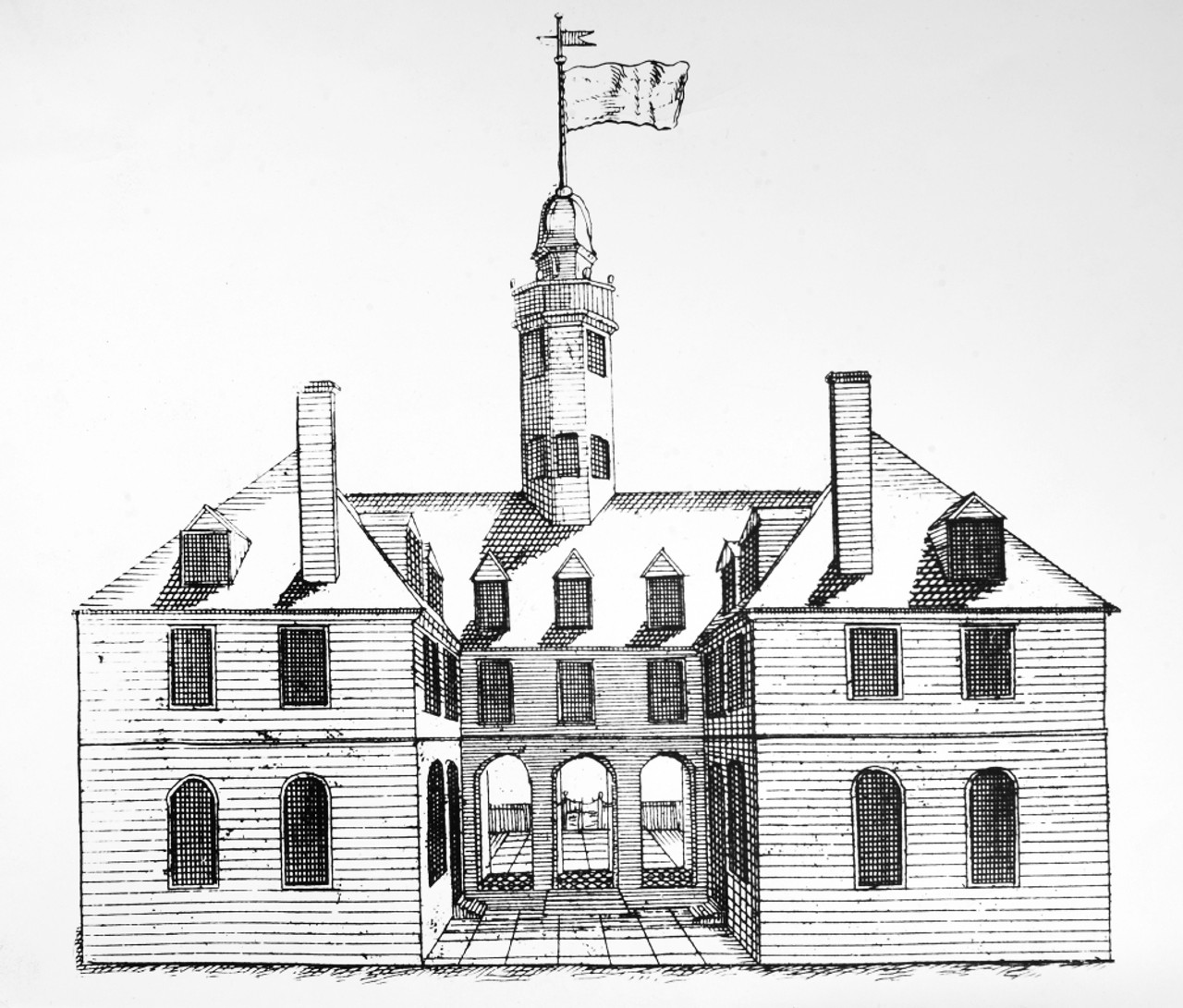What Is The Significance Of The Virginia House Of Burgesses? Unlocking Its Role In American History
Ever wondered why the Virginia House of Burgesses matters so much in the grand story of America? Well, buckle up, because this institution played a massive role in shaping the foundations of democracy as we know it today. Think of it like the first draft of modern governance—where ideas were tested, argued, and refined. The Virginia House of Burgesses wasn’t just a political experiment; it was a bold step toward self-rule and representation. And trust me, its impact is still felt centuries later.
History has a way of surprising us with how the decisions made centuries ago can ripple through time. The Virginia House of Burgesses wasn’t some dusty old relic from the past. It was a vibrant, dynamic assembly that laid down the groundwork for the democratic ideals we cherish today. This institution wasn’t perfect, but it was revolutionary in its approach to governance, especially for its time.
So, why should you care about the Virginia House of Burgesses? Because it wasn’t just about Jamestown or Virginia—it was about setting the stage for a nation that would one day stand as a beacon of democracy. In this article, we’ll dive deep into its significance, how it influenced American governance, and why it’s still relevant today. Let’s get into it!
- Anime Last Stand Values The Ultimate Guide To Understanding And Appreciating
- Maurice Orangutan The Gentle Giant Of The Jungle
Table of Contents
- Origins of the Virginia House of Burgesses
- Biographical Context of Key Figures
- Structure and Functions
- The Democratic Legacy
- Impact on American Governance
- Challenges Faced
- Long-Term Influence
- Contemporary Relevance
- Criticisms and Limitations
- Conclusion
Origins of the Virginia House of Burgesses
The Virginia House of Burgesses first convened in 1619, a time when the colony of Virginia was just finding its footing. Picture this: a group of settlers in Jamestown deciding that they needed more say in how things were run. It wasn’t about rebellion—at least, not yet—but about ensuring their voices were heard. This assembly became the first representative governing body in the American colonies.
Back then, the Virginia Company of London had control over the colony, but they realized that giving the colonists a say could help stabilize the settlement. And so, the Burgesses were born. This wasn’t just about picking leaders; it was about creating a system where people could voice their concerns and influence decisions.
Why Was It Important?
Here’s the thing: the Virginia House of Burgesses wasn’t just a colonial assembly. It was a bold experiment in representative governance. It gave colonists a taste of self-rule, even if it was limited. This was a crucial step toward the democratic ideals that would later define America.
- Donald Swayze The Untold Story Of A Rising Star
- Ufc 309 Ticket Cost Your Ultimate Guide To Catching The Action Live
- It introduced the concept of elected representatives.
- It allowed colonists to have a say in local matters.
- It laid the groundwork for future legislative bodies.
Biographical Context of Key Figures
Behind every great institution are the people who shaped it. The Virginia House of Burgesses wouldn’t have been the same without the key figures who drove its evolution. Here’s a quick look at some of the individuals who left their mark:
| Name | Role | Key Contributions |
|---|---|---|
| John Rolfe | Burgess | Introduced tobacco as a cash crop, strengthening the colony’s economy. |
| Thomas West, Lord De La Warr | Governor | Helped stabilize the colony and supported the establishment of the Burgesses. |
| Edward Wingfield | President of the Council | Played a key role in the early governance of Jamestown. |
Structure and Functions
Now, let’s talk about how the Virginia House of Burgesses actually worked. It wasn’t some chaotic free-for-all; there was a method to the madness. The Burgesses were elected representatives from each of the colony’s boroughs, and they met to discuss issues like taxation, trade, and local laws.
Here’s a breakdown of its structure:
How It Worked
- Members were elected by male landowners in the colony.
- It operated alongside the Governor’s Council, which had more executive power.
- Decisions were made through debates and votes, often reflecting the needs of the colonists.
This structure was a precursor to the bicameral legislatures we see today. While it wasn’t perfect, it was a step toward a more inclusive form of governance.
The Democratic Legacy
The Virginia House of Burgesses wasn’t just a colonial assembly; it was a seed planted in the soil of democracy. It showed that people could have a say in how they were governed, even if it was within the confines of a colonial system. This legacy would later inspire the Founding Fathers as they crafted the U.S. Constitution.
Think about it: the principles of representation, debate, and accountability that we take for granted today were first tested in this humble colonial assembly. It wasn’t about perfection—it was about progress.
Representation in Action
One of the most significant aspects of the Burgesses was its emphasis on representation. While voting rights were limited to male landowners, it was still a step toward broader participation in governance. This idea would eventually expand to include more people, paving the way for modern democracy.
Impact on American Governance
The influence of the Virginia House of Burgesses on American governance cannot be overstated. It wasn’t just about Jamestown or Virginia; it was about setting a precedent for self-rule and representation. The principles established here would later be adopted by other colonies and eventually by the United States itself.
Here are some key impacts:
- It inspired the development of legislative bodies in other colonies.
- It laid the groundwork for the U.S. Congress.
- It demonstrated the power of representative governance in action.
Challenges Faced
No story of progress is without its challenges, and the Virginia House of Burgesses was no exception. From power struggles with the Governor’s Council to the limitations of its voting system, there were plenty of obstacles to overcome. But these challenges also shaped the institution, forcing it to adapt and evolve.
Here are some of the key challenges:
- Limited voting rights: Only male landowners could vote, which excluded a large portion of the population.
- Conflicts with the Governor: The Burgesses often clashed with the Governor over issues of power and authority.
- Economic pressures: The colony’s reliance on tobacco meant that economic concerns often took precedence over political ones.
Long-Term Influence
The long-term influence of the Virginia House of Burgesses is undeniable. It wasn’t just a colonial assembly; it was a blueprint for modern governance. Its principles of representation, debate, and accountability would go on to shape the institutions we have today.
Here’s how its influence extended beyond its time:
- It inspired the development of representative democracy in the United States.
- It set a precedent for legislative bodies across the colonies.
- It demonstrated the power of self-governance, even in the face of challenges.
Contemporary Relevance
So, why does the Virginia House of Burgesses still matter today? Because its legacy lives on in the democratic systems we have today. The principles it championed—representation, accountability, and debate—are as relevant now as they were in 1619. In a world where democracy is under threat in some places, it’s worth remembering where these ideals first took root.
Here’s how it connects to our present:
- It reminds us of the importance of civic participation.
- It highlights the power of representative governance.
- It serves as a reminder of how far we’ve come—and how far we still have to go.
Criticisms and Limitations
While the Virginia House of Burgesses was groundbreaking, it wasn’t without its flaws. Critics have pointed out its limitations, particularly in terms of voting rights and representation. It’s important to acknowledge these shortcomings to understand the full picture.
Here are some of the key criticisms:
- Limited voting rights: Excluding women, non-landowners, and people of color from the voting process was a major flaw.
- Power imbalances: The Governor’s Council often held more power, limiting the effectiveness of the Burgesses.
- Economic focus: The colony’s reliance on tobacco meant that economic concerns often overshadowed political ones.
Conclusion
The Virginia House of Burgesses wasn’t just a colonial assembly; it was a pivotal moment in the history of democracy. It showed that people could have a say in how they were governed, even in the challenging environment of early Jamestown. Its legacy lives on in the institutions we have today, reminding us of the power of representation and self-governance.
So, what can we take away from this story? First, that progress is rarely perfect—it’s messy, challenging, and often incomplete. Second, that the principles of democracy are worth fighting for, even when the odds seem stacked against us. And finally, that the lessons of the past can guide us as we navigate the complexities of the present.
Now, it’s your turn. Do you think the Virginia House of Burgesses still holds relevance today? Let me know in the comments below, and don’t forget to share this article if you found it insightful. History isn’t just about the past—it’s about the future, too.
- Ufc 309 Ticket Cost Your Ultimate Guide To Catching The Action Live
- Ufc Newsletter Presale Your Ultimate Guide To The Hype And How To Get In On The Action

House of Burgesses History & Facts Britannica

House of Burgesses · Washington's Mount Vernon

House Of Burgesses